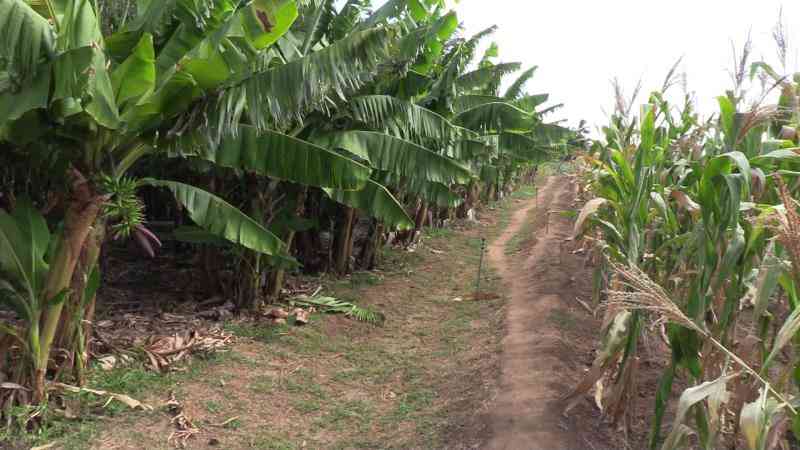
Farmers in Chakama in Magarini Sub County, Kilifi County have embraced irrigation farming as a way of coping with negative effects of climate change. The more than 450 farmers have turned their 500 acres of land into farmland by using water from river Sabaki and boreholes to irrigate various crops.
Through the Chakama Gaba Farmers Association, the residents were supported by the Coast Development Authority (CDA) to come up with the Chakama Small Holder Irrigation project that was commissioned by retired President Uhuru Kenyatta in 2014. The authority assisted farmers with farm inputs including water pumps, pipes and tilling of the land.